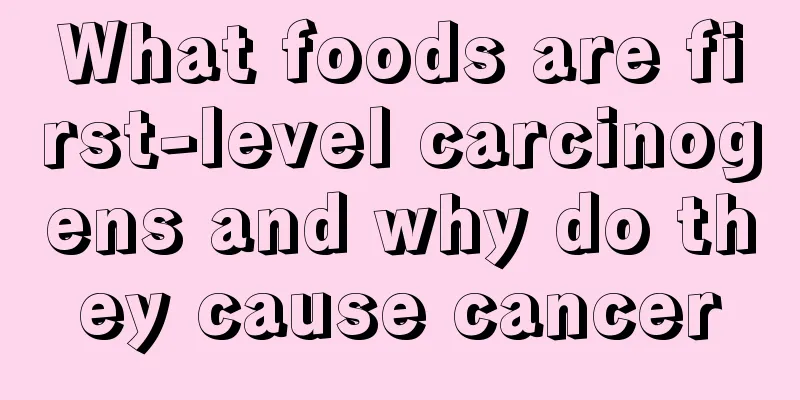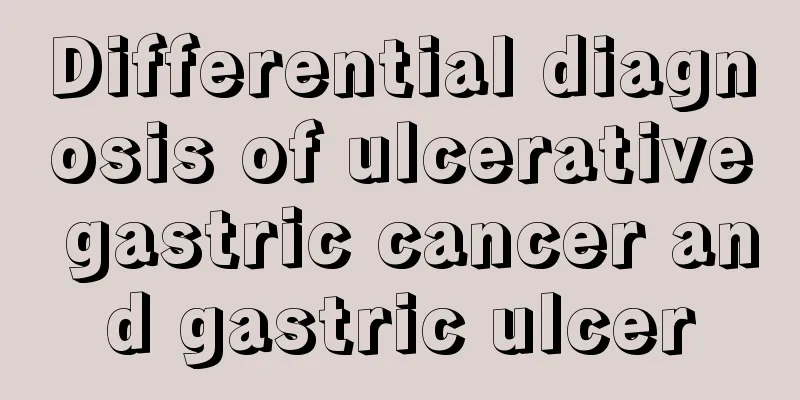What foods are first-level carcinogens and why do they cause cancer

|
Not long ago, a claim was made that pickled meats such as sausages and bacon contain first-class carcinogens, which attracted widespread public attention in a short period of time. So does our daily food really contain primary carcinogens? In fact, food itself does not contain primary carcinogens. The problem is that improper food production or storage leads to the production of primary carcinogens. 1. What are the first-level carcinogens? Level 1 carcinogens: Among the level 1 carcinogens, five are natural substances and their processed products, including aflatoxin, cyclosporine A, tobacco and smoke, betel nut and alcoholic beverages. 2. Other levels of carcinogens In addition to the first class carcinogens Class II, Category A: Such as chloramphenicol, formaldehyde, polychlorinated biphenyls, butadiene, dimethyl sulfate, epichlorohydrin, styrene, trichloroethylene, tetrachloroethylene, diesel engine exhaust, etc., are likely carcinogens to humans and definite carcinogens to animals. Class II, Category B: Such as safrole, carbon tetrachloride, electromagnetic waves, gasoline engine exhaust, dry cleaning industry, etc., are possible carcinogens to humans and are likely to be carcinogens to animals as well. Level 3 carcinogens: caffeine, food coloring, etc. There is currently insufficient evidence to determine whether the substance is a human carcinogen. 3. Why Food Causes Cancer 1. Food becomes moldy due to improper storage. When food is stored for more than a certain period of time, or has passed its expiration date, it is prone to mold and produce aflatoxin, a primary carcinogen, which can cause liver cancer. This has been clinically proven. If food is not stored properly, it may also become moldy. 2. Improper cooking methods. Improper smoking, grilling, or marinating of food, as well as burnt or charred food, will produce nitrite. 3. Pesticide residues. In the process of crop cultivation, excessive use of pesticides and insecticides, if they cannot be effectively degraded and exceed the limit standards, will increase the risk of cancer if consumed for a long time. 4. Improper use of food additives. Legal food additives are safe when used in prescribed dosages. If used in excess of the dosage or beyond the scope, there is also a risk of cancer. |
<<: Seven amazing effects of sea buckthorn oil
>>: What is the nutritional value and efficacy of sea buckthorn
Recommend
How to dice carrots
Carrot is a vegetable we often eat. We often cut ...
What to do if you have hatred in your heart
In our lives, there are many people who are very ...
What should we do when the indoor air is dry in winter
In the cold winter, many families will turn on th...
Precursors of uremia
Before suffering from uremia, patients generally ...
How to whiten the whole body with white vinegar_Can white vinegar whiten the whole body
Loving beauty is every woman's nature. Female...
What is the difference between soap powder and laundry detergent?
Soap powder and laundry detergent are both very c...
What are the symptoms of enteritis?
The terminal stage of enteritis is indeed quite c...
What is the reason for self-harm when angry
For most people living in this world, not everyth...
Can mid-to-late stage lung cancer be cured?
Can lung cancer in the middle and late stages be ...
Is congenital cyst serious?
Cysts can be divided into congenital and acquired...
Can low heart rate be cured?
There are always some heart disease patients in l...
What are the dangers of having lung cancer
I believe everyone knows that smoking is harmful ...
What harm does lung cancer do to human health
The harm of lung cancer to human health includes:...
Is it true that malignant melanoma is not contagious?
Malignant melanoma is not contagious. Malignant m...
What is Qi and Blood Stasis
Even though Western medicine has developed into m...









